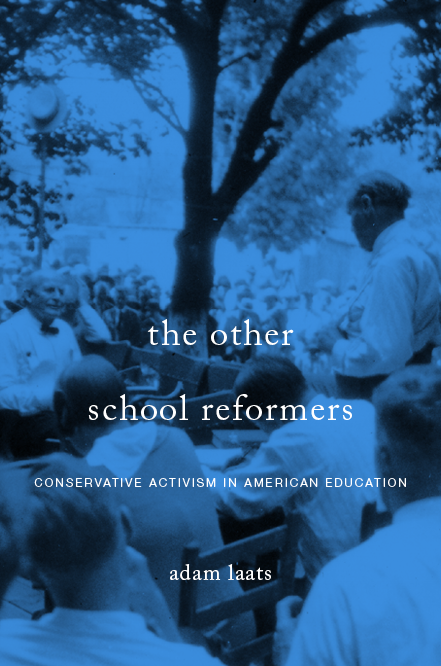It might sound good to some, but a recent “Fairness for All” bill will not solve evangelical colleges’ problems with LGBTQ issues. With respect to all the smart, loving, sincere supporters of these half-measures, the historical record is glaringly clear on this one. Evangelical universities cannot fudge the issue of LGBTQ rights and the issue will end up splitting evangelical institutions. Again. But evangelical tradition has plenty of room to accommodate changing times. Can we please just skip to that part of this story?
Here’s what we’re talking about: Utah Representative Chris Stewart introduced recently a “Fairness for All Act.” The bill has the ardent support of evangelical organizations such as the Council for Christian Colleges and Universities. In short, the act would ban discrimination against LGBTQ persons, except at institutions that have a religious reason for discrimination or at small businesses.
Will it work? No. And not only for the usual political reasons. In short, this attempt to square the LGBTQ circle for evangelical institutions is another half-measure that will not satisfy anyone. It is similar to the ways many evangelical institutions these days make an impracticable distinction between LGBTQ “identity”—which is approved—and LGBTQ “practice”—which is not. Or the weird ruling recently at Fuller Seminary that same-sex “relationships” are okay, but same-sex “marriages” are not.
Based on the history I uncovered in the research for Fundamentalist U, these half-measures will end up being a curious footnote in the story of evolving LGBTQ rights in the evangelical world. Here’s my prediction—hold me to it—of what the end result will be.
First, though, let me be as clear as I can be on this point: I do not equate the evolving policies about LGBTQ rights with the 20th-century history of decreasing racism at evangelical colleges. The two cases are distinct. But what is similar is a central fact that many prominent historians have pointed out. Namely, evangelical Americans are still Americans, and their ideas about changing cultural norms are in line, more or less, with the rest of the country. As Daniel K. Williams put it, like many other white Americans, white evangelicals in the mid-20th century worked “to distance themselves from the overt racism that had characterized their churches.” And, as Molly Worthen argued similarly, “the moderate middle” of white evangelicalism “experienced a genuine change of heart about the meaning of skin color,” similar to what the moderate middle of white people in general experienced.
Again, racism is different from anti-LGBTQ ideas. Intelligent evangelicals will tell me that sexual morality is an inherent part of true Christianity, while racism was a deviation from true Christianity. I get that. Nevertheless, the point remains—evangelicals have shifted their ideas about LGTBQ identity along with the rest of the country. They will continue to do so.
So what will happen? If history is any guide here, we will end up with (yet another) split among evangelical institutions on this issue. Most universities will find a way to double-down on their traditional sexual morality while making room for LGBTQ rights. How? Not by today’s compromises, but rather by falling back on the heart of evangelical sexual morality, insisting that sexuality must be reserved only for monogamous marriage. The definition of “marriage,” though, will expand to include same-sex marriage. No more false distinctions between “identity” and “practice.” No more meaningless opining about the importance of sexless same-sex relationships. No, in the end, most evangelical institutions will basically embrace LGBTQ rights, but re-frame them in a traditional way, with an emphasis on marriage. Sex outside of marriage will still be forbidden. But marriage will come to include same-sex marriage.
At other schools, hard-liners will double-down on anti-LGBTQ tradition. They will not only ban same-sex relationships, but any element of LGBTQ inclusion. If necessary, they will fight against all comers, including the US government, to preserve their discriminatory anti-LGBTQ policies.
What do you think? Should we agree to meet back here in thirty years to find out if this prediction comes true?





Dan Marvin
/ December 10, 2019I don’t see it happening. In 30 years most of these institutions will be gone.
Adam Laats
/ December 10, 2019Really? I can’t agree on that one. Like a lot of institutions of higher ed, I agree that many of them will close, but as an American institution I think the evangelical college has proven its durability, partly because of the slow-but-steady flexibility I describe above.
John W. Hawthorne (@JohnWHawthorne)
/ December 10, 2019Somebody pointed out on twitter the other day that one problem with FFA is that it obscures the realities of FGBTQ Christians at evangelical institutions. David Gushee made that clear last week. I don’t think CCCU students or alums (gay or straight) will be happy with the FFA solution. The next ten years will see either a reshaping of these institutions or a marginalization that puts them in serious financial risk.